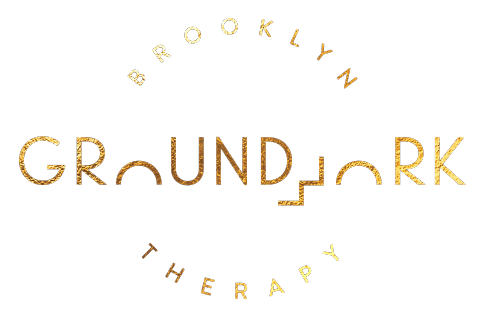Statistics on Mental Health heading into 2022
Recent statistics demonstrate that mental health issues are growing over time in American adolescents and young adults. Over the past couple of years, the COVID-19 pandemic has caused even greater increases in these numbers, along with a greater demand for mental health awareness.
For many young people, pandemic-caused isolation has led to greater stress and more regular bouts of depression. As we head into 2022, many of the same COVID-related challenges remain. The future is filled with uncertainty and has potential to exacerbate already present mental health challenges.
Key Findings in Mental Health Issues in 2022
In 2019, the year preceding the COVID-19 pandemic, 19.86% of adults, or almost 50 million Americans, were living with a mental illness. These statistics have only grown during the past two years. According to research by Mental Health America, more than 15% of youth have had a major depressive episode during the past year, which reflects an increase of 1.24% over data from the previous year. More than 2.5 million young people in this country have severe depression, with those from multiracial backgrounds topping the list.
Additionally, a 2020 survey showed that 13% of adults reported new or increased substance use. Stress caused by the pandemic was listed as the most common reason for this behavioral change. An increased number of adolescents also admitted to using substances due to isolation during the pandemic. This is particularly alarming since substance abuse can have a negative impact on both mental and physical health. Statistics show that people with substance use disorders are more likely to have worse outcomes if they are infected with COVID-19.
Mental Health Risk Factors Among People of Color and LGBTQ-Identified People
Before the pandemic, suicide rates were more pronounced among BIPOC and LGBTQ youth than among other populations. While these minority groups already faced regular issues of stigma and discrimination, the pandemic has put even more of a strain on mental health. This may be due to people in these minority groups being more likely to work in areas of employment that were hit the hardest by the pandemic, as well as other life factors impacted by the pandemic, such as social distancing, other sources of economic strain, and housing instability.
For many BIPOC and LGBTQ-identified folks, therapy proves to be inaccessible due to economic strain and lack of provider availability. Further, LGBTQ+ folks need providers who are not only affordable and available but are also well-versed in LGBTQ experiences and related mental health challenges.
The Need for Greater Mental Health Awareness in 2022
Due to the continued negative impact of the pandemic on mental health, therapy should be a priority for everyone in 2022. Don’t wait until you reach your breaking point to look for help. At Groundwork Therapy, we provide high-quality, contemporary psychotherapy services to adolescents, adults, and couples of any gender, sexuality, or cultural background. Contact us using our online form to learn more. Groundwork Therapy is located at 1000 Dean Street Suite 226 in Brooklyn, NY 11238


